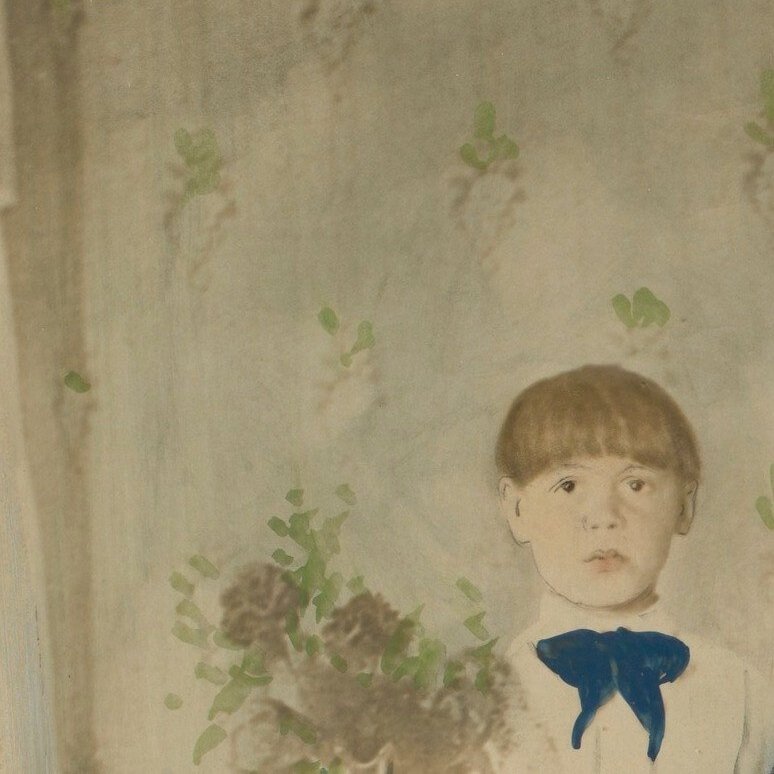
Misophonia & Families
Misophonia Can Affect the Whole Family
Misophonia isn’t easy to understand, and it can impact all aspects of life, especially family relationships.
Being a parent or family member of someone who has misophonia can carry its own struggles and questions.
Misophonia Families Articles

Letter to a Parent Who Triggers
Your child’s misophonia is not your fault. The fact that your child (perhaps violently) reacts to you is not your fault. You’ve done nothing to cause or create misophonia. You’ve done nothing to make your body’s sounds and/or sights your child’s triggers.

Misophonia Can Complicate Families in Complex Ways
With misophonia, it's not enough to just know that those stresses are there. Looking closer at those relationships from differing perspectives can be helpful to everyone who is involved.

An Uplifting Story about Helping Your Child
But the thought of my son—his misophonia triggered all the time in his own room, never escaping that sound—also meant this: those wind chimes were going to come down. No matter what.

Misophonia Resources for Parents
-
School Accommodations for Misophonia
In the U.S., misophonia can qualify as a disability and a student with misophonia can receive accommodations at school. The process can be confusing. We’re here to help.
-
Peer Support Group for Parents of People with Misophonia
soQuiet offers virtual peer support groups for parents of children with misophonia to share their experiences and successes with each other. There is no charge for these groups; they are supported by donations.
Further Information & Resources
When Children Can’t Stand the Sounds of School [2004] By Karen Lincoln Wilber [AshaWire]
Relevant Research & Science Articles
• Misophonia linked to alterations in attentional processing [2024] Story by PsyPost (CA)
• The problem of parent blaming and misophonia [September 2024] by Jennifer Brout [Substack]
• The Impact of Mental Health Symptoms in Children With Tinnitus and Misophonia: A Multi-disciplinary Approach [November 2023] by Kenny H. Chan, Amanda Baker, Deborah Gilbert, Suhong Tong, Julie Rinaldi, Scott Cypers, Austin Zhu, and Alyssa Schoenborn [Clinical Pediatrics]
• ‘Aural Diversity: Do you hear differently?’ [Frontiers for Young Minds]
• Misophonia in Children and Adolescents: Age Differences, Risk Factors, Psychiatric and Psychological Correlates. A Pilot Study with Mothers’ Involvement [September 2023] by Marta Siepsiak, Anna Turek, Magdalena Michałowska, Małgorzata Gambin & Wojciech Łukasz Dragan [Child Psychiatry & Human Development]
• Factors associated with internalizing and externalizing symptoms in a clinical sample of youth with misophonia [August 2023] by Gabrielle M. Armstrong, Rebecca L. Greenberg, Orri Smárason (Cand Psych), Renee M. Frederick, Andrew G. Guzick, Sophie C. Schneider, Samuel D. Spencer, Matti Cervin, and Eric A. Storch [Journal of Obsessive-Compulsive and Related Disorders]s
• Mindfulness and cognitive emotion regulation in pediatric misophonia [July 2023] by Samuel D. Spencer, Andrew G. Guzick, Matti Cervin, and Eric A. Storch [Journal of Contextual Behavioral Science] soQuiet.org
• Poorer Well-Being in Children With Misophonia: Evidence From the Sussex Misophonia Scale for Adolescents [April 2022] by Louisa J. Rinaldi, Rebecca Smees, Jamie Ward, and Julia Simner [Frontiers in Psychology]
:: More links to Misophonia Research at our Research Page.
Related Organizations
CHADD.org • Organization focused on Attention-Deficit/Hyperactivity Disorder [ADHD] advocacy and support.
Community Alliance for Special Education • Organization supporting families as they navigate the often complex and overwhelming world of special education services in public schools.
DifferentBrains.org • Organization supporting people who have variations in brain function and social behaviors known as neurodiversity
International Council on Development and Learning (ICDL) • Not-for-profit organization dedicated to promoting each person's development to its fullest potential.
International OCD Foundation • Provides help, healing, and hope Obsessive Compulsive Disorder (OCD).
The MEHRIT Centre [self-reg.ca] • Resource for people in Canada for self-regulation and skills and help with school issues.
National Child Traumatic Stress Network (NCTSN) • Created to raise the standard of care and increase access to services for children and families who experience or witness traumatic events.
STAR Institute for Sensory Processing • Leader in research, education, and therapy for differences in sensory processing.
SPIRAL Foundation serves national and international audiences by providing resources for therapists and other professionals who work with individuals with sensory processing difficulties, as well as adults and children living with sensory dysfunction and their families.
Understood.org • Nonprofit providing resources and support so people who learn and think differently can thrive — in school, at work, and throughout life.
Zero to Three • “Our mission is to ensure that all babies and toddlers have a strong start in life.”
Free Misophonia Downloads:
Background Image:
Saÿen, H. Lyman. Untitled (Lily Pond). Date unknown. Smithsonian American Art Museum. Public domain.
Misophonia Families Team
-

Jennifer Brout
Parent of a Person with Misophonia
-

Mary Petrie
Parent of a Person with Misophonia
-

Jeff Rakmil
Parent of a Person with Misophonia

